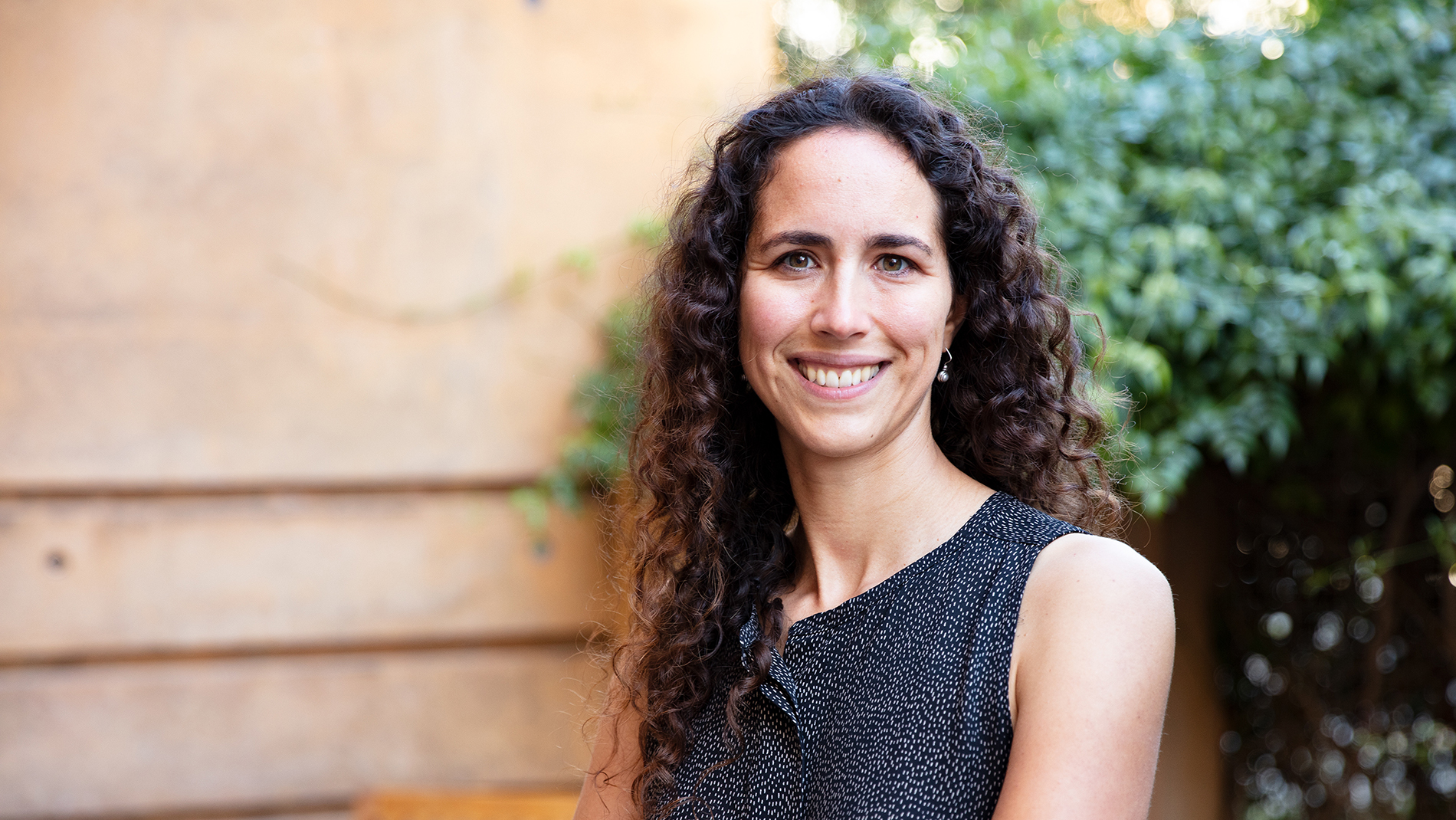
Research challenges common belief that conflict is bad for collaboration
Nícola Ulibarrí, associate professor of urban planning and public policy, has won the Academy of Management's 2025 Best Journal Article Award for research that flips conventional wisdom about conflict on its head.
Her award-winning study, published in the Journal of Public Administration Research and Theory, shows that disagreements — when handled properly — can actually make government collaboration more effective.
“Conflict is the forgotten sibling of collaborative governance,” Ulibarrí writes.
While most studies focus on how to avoid or overcome disagreements, she wanted to understand what role conflict actually plays when people try to work together on complex policy issues.
Most research treats conflict as a big-picture problem — something that happens between entire organizations or defines whole meetings. But, Ulibarrí looked at something much smaller: the moment-to-moment disagreements that happen between individual people during negotiations.
To understand how micro-conflicts work, she spent four years observing negotiations over hydropower dam licenses in California’s Central Valley. She attended meetings, interviewed participants, and analyzed written comments to track every disagreement, no matter how small.
The process involved multiple stakeholders — government agencies, environmental groups, power companies, and community organizations — trying to hammer out agreements on dam operations that would balance energy needs, environmental protection, and community interests.
What Ulibarrí found challenged expectations. In the most successful collaborative processes, disagreements actually happened more frequently, not less.
But in high-collaboration cases, she points out, the disagreements were "more dynamic and mutable over time, and served to elaborate and refine management approaches."
In other words, when people felt comfortable disagreeing with each other, they could work through problems more thoroughly and come up with better solutions.
Ulibarrí’s research suggests conflict as a "dynamic ingredient that can be managed to shape policy outcomes."
When managed well, micro-conflicts can:
- Surface important issues that might otherwise be ignored
- Force participants to refine and improve their ideas
- Build stronger final agreements because all concerns have been aired
Ulibarrí’s research has real-world applications for anyone involved in collaborative decision-making, from city council meetings to corporate team projects to community planning processes.
Her key insight: don't try to eliminate disagreements — learn to manage them productively.
“By evaluating conflict dynamics that occur at the scale of an individual interaction and the positive and negative roles they play in shaping collaborative outcomes, this research moves conflict from being a static barrier or contextual factor to a dynamic ingredient,” Ulibarrí explains.
The Academy of Management’s Public and Nonprofit Division selected Ulibarri's work from among all articles (more than 100) published in top public administration journals in 2024. The award, which she accepted in July at the organization’s annual meeting in Copenhagen, recognizes research that makes significant theoretical and practical contributions to understanding how public sector management works.
The award committee members noted that they “were impressed with Ulibarrí’s research focus on micro-level conflict interactions in collaborative governance, ethnographic design, theoretical contributions including a typology of micro-scale conflict and insight into conflict dynamics and their contribution to policy outcomes, and practical implications illustrating how effective facilitation can shift conflict from a barrier to collaborative governance to a dynamic aspect of negotiation that can foster understanding and convergence between stakeholders."
For Ulibarrí, the recognition validates an approach that looks at the small moments that shape big policy outcomes — and suggests that a little disagreement, handled well, might be exactly what collaborative governance needs.
— Mimi Ko Cruz